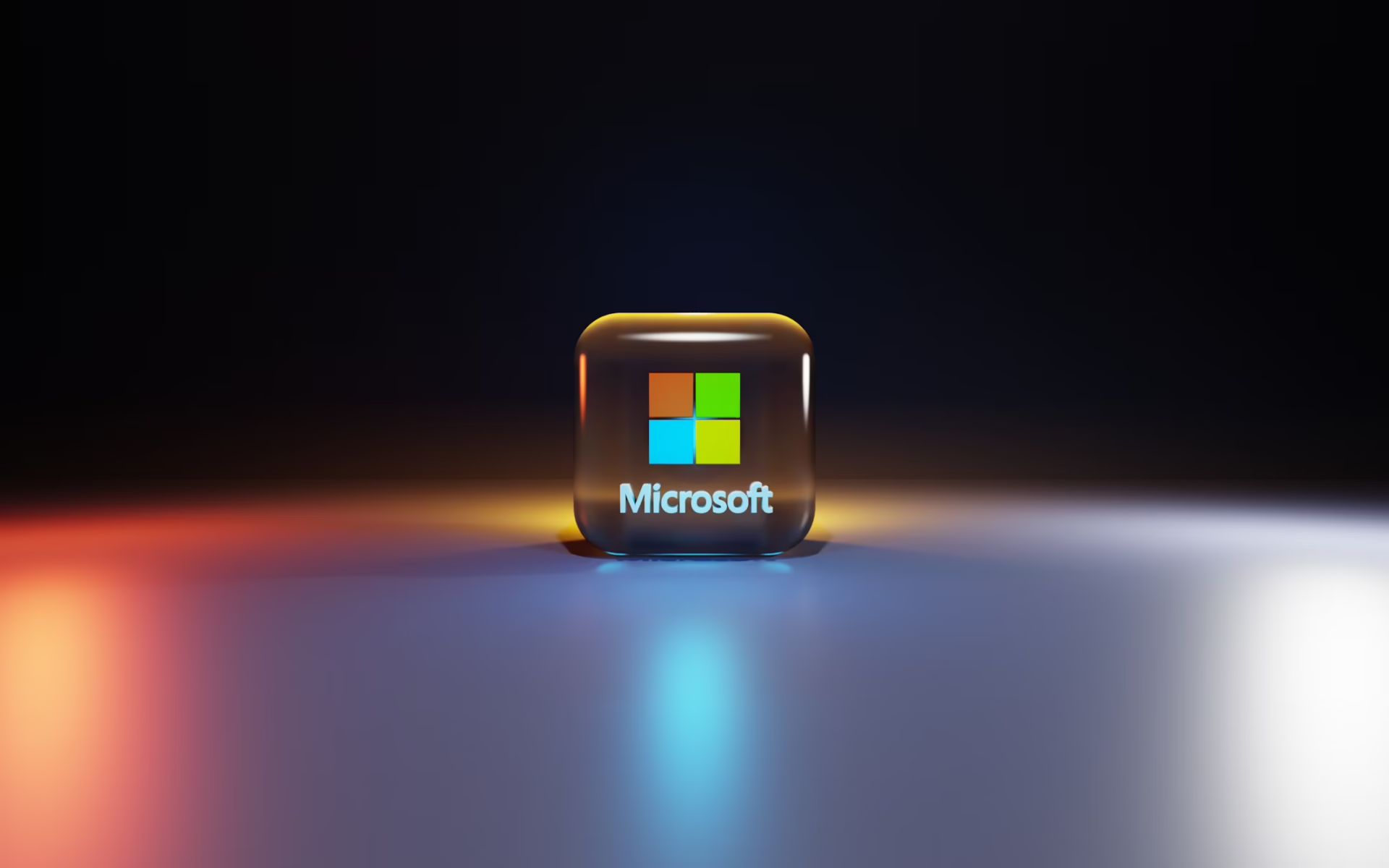



Tagged as “your copilot for work,” Microsoft Copilot has emerged as one of the most accessible and widely integrated AI assistants available today. It summarizes lengthy reports, drafts emails, generates images and even allows users to craft their own personal AI assistant. Its seamless integration with the Microsoft ecosystem makes it an ideal companion for workplace productivity.
What is Microsoft Copilot? It is an AI-powered assistant and conversational AI developed by Microsoft. Users can input a query, and the AI assistant will respond — generating text, research or images that address the request.
It works seamlessly across Microsoft 365 applications, including Word, Excel, PowerPoint, Outlook and Teams. By integrating large language models (LLMs) with Microsoft Graph, users can generate content, summarize meetings or documents, and automate tasks directly within the Microsoft software they already use.
It also has a free version — Microsoft Copilot Chat — that works on most browsers and devices, similar to ChatGPT. This is the most accessible Copilot variant and usually gets the latest updates. As of October 2025, Copilot Chat is the only Microsoft Copilot platform with access to GPT-5, OpenAI’s latest generative AI model.
Formerly called Bing Chat, Microsoft Copilot formally launched in 2023 and experienced continuous refinement through the years. It has since collected around 20 million weekly users. With this tool, Microsoft strengthens its push to make generative AI a seamless part of the Microsoft workplace ecosystem and claims its place among the best AI models and tools available today.
Access to Copilot depends on the version of the application and the kind of account the user holds. Adopters can access Copilot via iOS or Android mobile application, macOS or Windows desktop app, or browser.
Microsoft Copilot bridges productivity, automation and enterprise-level assistance, making it a versatile tool for personal and business use. Like other generative AI systems, it can handle routine tasks and high-level analytical work. However, its strength lies in how naturally it fits the Microsoft ecosystem.
For everyday users, Copilot can answer basic questions or assist with writing and data organization directly in Word, Excel, PowerPoint, and other Microsoft programs. In Outlook, it can summarize long email threads and help users draft appropriate and professional replies. It also easily integrates with Bing Search and WhatsApp, the messaging platform.
These benefits grow even more advanced in the paid or enterprise-level plans. Entire teams can benefit from the streamlined workflows and automations, especially if the company uses Microsoft programs for its daily operations.
In a UK perception study, government employees reported saving more than 25 minutes every day when they used Copilot. More than 70% said that Copilot helped them breeze through routine tasks so they could focus more on strategic work. After the study, 80% of participants did not want to give up Copilot, and nine of the 12 government departments involved continued their licenses.
Customization is another strong point. With Copilot Studio, businesses can create tailored agents or AI assistants fine-tuned to their specific needs and workflows. For example, companies can train agents to craft product comparisons, plan negotiation strategies or organize customer insights.
Despite its many capabilities, Copilot has its weaknesses. Like all generative AI systems, it occasionally delivers inconsistent or inaccurate results, especially when faced with vague prompts or a lack of data sources.
For example, an experiment conducted by the BBC on various AI tools, including Copilot, yielded several inaccuracies and outdated information. It found Microsoft Copilot and Google Gemini less reliable than ChatGPT and Perplexity when summarizing and understanding news sources.
In June 2025, Fortune magazine reported on the first known zero-click attack on an AI tool, which unfortunately affected Copilot. This vulnerability lets a hacker trigger an attack by simply sending an email. Since Copilot has access to other Microsoft apps, this vulnerability could lead to harmful data breaches affecting sensitive or proprietary information.
Microsoft has since addressed the issue, reporting that the company has implemented a fix to prevent such attacks from succeeding and is also implementing additional measures to strengthen the security of its ecosystem.
Microsoft Copilot is a leading and practical way for people to experience generative AI in everyday work. It is beneficial for those already in the Microsoft ecosystem. For individuals, it’s an approachable entry point into AI-assisted productivity. For businesses, it enables automation and increases efficiency.


This site uses Akismet to reduce spam. Learn how your comment data is processed.